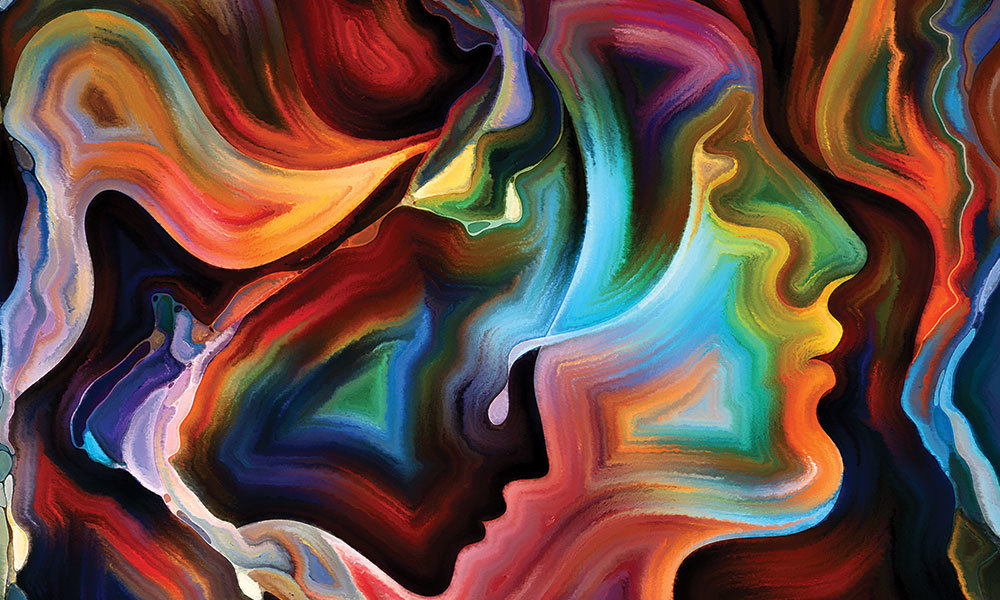
Power of A: A Million Strong for Mental Health First Aid
Mental Health First Aid, put on by the the National Council for Behavioral Health, helps people in distress.
Knowing how to recognize and respond to someone who is vulnerable to, or in the midst of, a mental health or substance use crisis is the critical first step to connecting them to care. Because this intervention can potentially save lives, the National Council for Behavioral Health set out to train 1 million people across America in its Mental Health First Aid course, raising awareness with the “Be 1 in a Million” campaign, which earned a 2017 Power of A Summit Award.
Mental health first aid, says National Council President and CEO Linda Rosenberg, is “just like CPR, but it’s about helping someone who is in emotional distress.” Given the large number of people with depression, anxiety and panic attacks, suicidal thoughts, self-harm behaviors, drug addiction, and other conditions, “you’re much more likely to see someone having an emotional crisis than you are to see someone having a heart attack,” says Rosenberg. “Be 1 in a Million was a vehicle to let people know the training is available and that they could really help someone who’s in trouble.”
The National Council represents more than 2,900 member organizations serving the mental health and addiction needs of more than 10 million adults, children, and families. “That’s a big community [of professionals] that we were able to pull together as a result of Be 1 in a Million,” Rosenberg says. The campaign surpassed its initial goal and led to the creation of a new campaign called “Be the Difference,” which included a partnership with Lady Gaga’s Born This Way Foundation that resulted in 150,000 more people trained.
The National Council continues to see widespread support for mental health first aid. The International Association of Chiefs of Police, for instance, has pledged to train 100 percent of its sworn officers.
Anyone can participate in the eight-hour interactive classes, while courses tailored for teachers, public safety workers, and others in public-facing roles are also available.
“Our Mental Health First Aiders, our instructors, and the organizations that champion the training give this program its power and strengthen communities nationwide,” Rosenberg says. “Today, the program is being championed by policymakers, by healthcare systems, workplaces, and universities across the country. This is a program our families, our neighbors, and our students cannot afford to live without.”
(agsandrew/Getty Images)






Comments